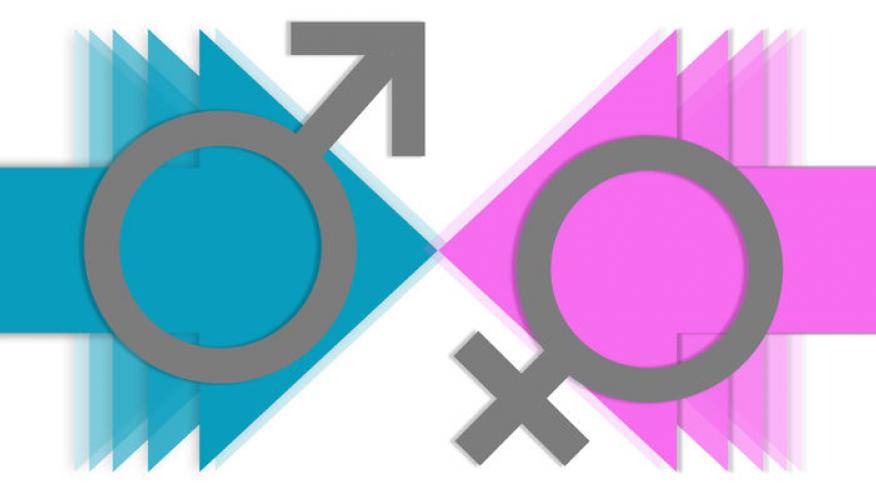ICYMI: Sex bias in RA: time to stop blaming hormones? Save

Whether it’s RA, SLE or Sjogren’s, the increased prevalence of females affected by auto-immune diseases is well established, yet not fully understood. Often, I have heard that sexual hormones are responsible for every aspect of it. Two abstracts presented this year question this paradigm.
The first abstract (Abstract 0724) is an elegant study by Bell et al. Based on previous work from other teams showing the existence of pro-inflammatory clusters of macrophages in synovial tissue likely to drive the disease, they tested the hypothesis that these pathogenic macrophages subsets express higher levels of inflammatory genes in females. To confirm their findings, they developed a mouse model. Of interest, they showed on a consequent number of patients that pro-inflammatory tissue macrophages from females showed significant bias in Interferon and other inflammatory pathways, meaning they were more likely to drive inflammation than in male.
The second abstract (Abstract 0071) by Ekwall et al. investigates the role of thymic central tolerance induction in auto-immune sex bias. To do so, they used spatial transcriptomics, a technique allowing to analyse differential gene expression at the single cell level directly in tissue fixed in formalin. They looked specifically in the medullary compartment of the thymus of a small number of 4 months boys and girls. The authors identified sex-biased expression of genes and biological pathways that are key for central tolerance induction, suggesting higher and a pro-inflammatory milieu with upregulated type 1 and type 2 interferon gene signatures in females. These data suggest that a pro-inflammatory environment primes auto-reactivity at a very early stage of development in females.
These findings suggest the importance of the IFN signalling axis in driving gender bias in RA and other autoimmune conditions. Further studies are warranted to determine the roles of the sex dependent factors such as steroid hormone signalling and X-inactivation in this phenomenon.











If you are a health practitioner, you may Login/Register to comment.
Due to the nature of these comment forums, only health practitioners are allowed to comment at this time.